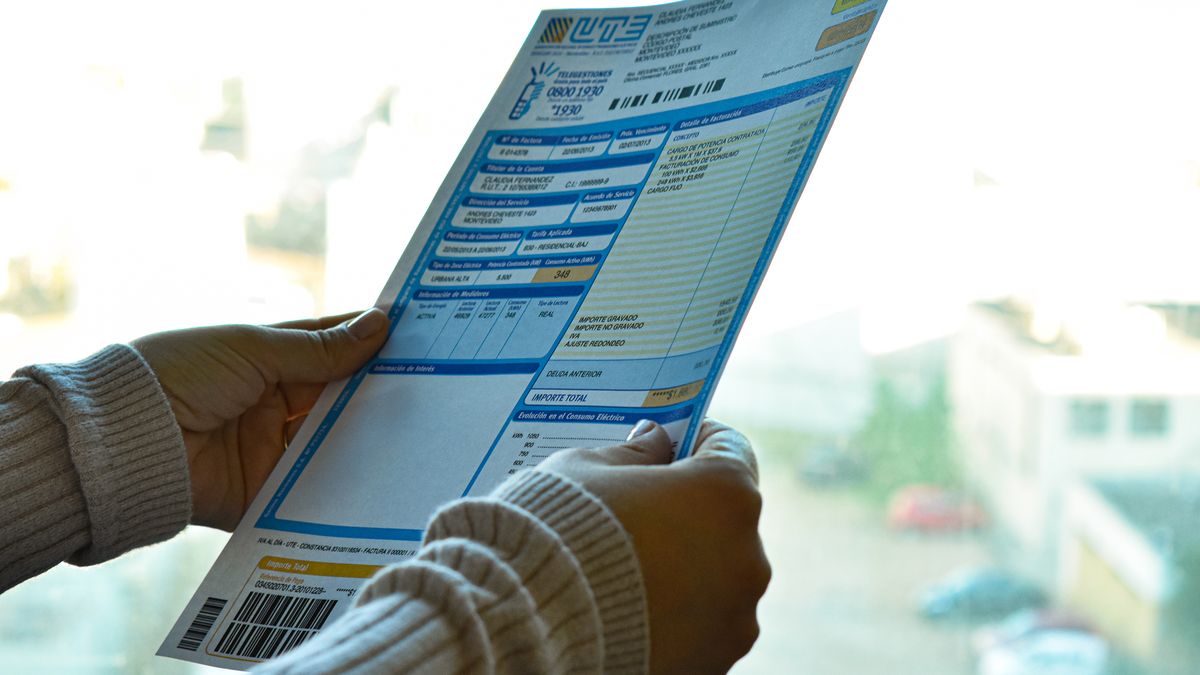Both the state water company and the telecommunications company approved the adjustments for 2024, which will be below the 5.7% projected inflation.
The National Administration of State Sanitary Works (OSE) and Antel defined the increases that will apply to their rates in Uruguay starting January 1, 2024, in both cases below the inflation projected for the end of the year.
The content you want to access is exclusive to subscribers.
As usual, December is a month of making balances and projections also for public companies, which must adjust their tariff tables to face the new year. Such is the case of UTE, which he presented to Executive power an increase of 3.5% by January 2024; but also from Antel and OSE, which recently approved the modifications in public rates.


In the case of the state water company – another entity that suffered a great impact this year due to the drought historical event that affected the country—the board unanimously approved a 5.5% increase, as reported by Subrayado.
Telecommunications, meanwhile, will have an adjustment of 4.5% on average. The decision had only one vote against within the board, and it was from the representative of the Frente Amplio, Daniel Larrosa.
In both cases – and just as the government intends for all public companies – the increases planned for 2024 are below the estimated inflation at the end of 2023, which would be around 5.7%.
UTE increase and decrease? of fuels
The National Administration of State Electrical Power Plants and Transmissions (UTE) submitted to the Executive Branch a proposal that contemplates an increase in rates of 3.5% for January 2024, thus fulfilling the premise of an update below inflation.
UTE joins in this way other public rates that will arrive with an increase next month, within the framework of the beginning of a new year. However, the increase is still lacking approval, which is estimated to be ratified by the Ministry of Industry, Energy and Mining (MIEM).
For its part, the portfolio led by Elisa Facio evaluates what will happen to fuel during the first month of next year. Based on the first estimates, gasoline and diesel would have a reduction in January, made possible by the drop in international oil prices, as indicated by the undersecretary Walter Verri.
The leader confirmed receipt of the monthly report of Import Parity Prices (PPI) that prepares the Energy and Water Services Regulatory Unit (Ursea) -which has not yet been publicly disclosed-, where he spoke of “a downward trend”, which could lead to the second consecutive setback after what was decided a month ago.
Source: Ambito




